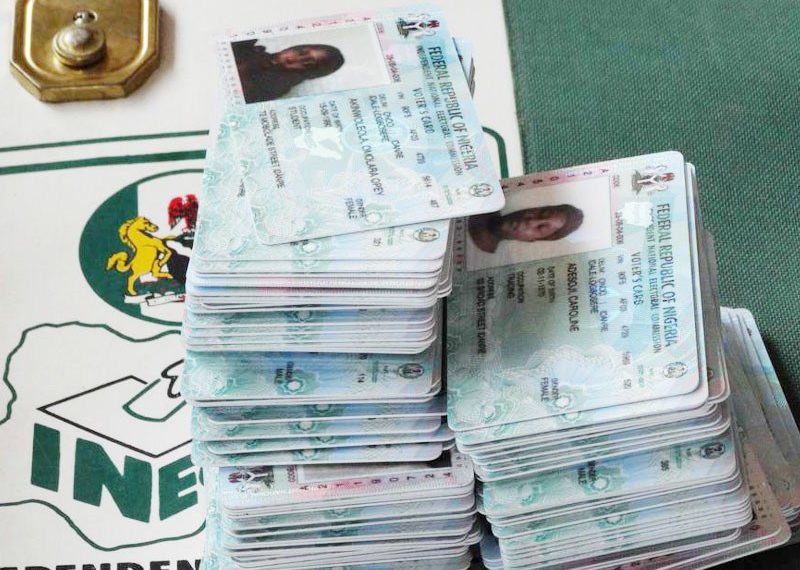Nigerians will go to the polls tomorrow, February 16, to elect a new president and members of the National Assembly for another term of four years. Governors and members of state Houses of Assembly are to be elected later on March 2.
As the elections hold, Nigeria, Africa’s most populous nation, would be hitting a milestone. It would be 20 years since the country began enjoying its longest streak of democracy ever. The Nigerian military handed over power to civilians on May 29, 1999.
Click here to watch weekly episodes of our Housing Development Programme on AIT
Below are the figures that watchers of this year’s elections need to note.
1) According to the figures recently released by INEC, there are currently
84,004,084 registered voters compared to 67,422,005 in the 2015 elections.
2) The number of polling unit is 119,973, while the results will be collated in 8,809 wards.
3) The North-West has the highest number of registered voters with 20,158,100 registered voters while the South-West zone, which comprises Ekiti, Lagos, Ondo, Ogun, Osun, and Oyo states, comes second with 16,292,212 registered voters.
4) The South-East has the lowest number of states with 10,057,130 registered voters. The North East 11,289, 293 registered voters, while the South-South has 12,841,279 registered voters; followed by the North-Central, with 13,366,070 registered voters
5) Lagos has 6,048,156 registered voters, while Kano comes second with 5,149,070 voters.
6) With a total of 754,394, Bayelsa has the lowest number of registered voters, which is lower than that of the Federal Capital Territory which has a total voter population of 952, 815.
 7) 91 political parties are participating in the 2019 general elections.
7) 91 political parties are participating in the 2019 general elections.
8) 109 Senate seats will be contested by 1,904 candidates, while the 360 seats in the House of Representatives will be contested by a total 4,680 candidates.
9) The 991 State Constituency elections will be contested by a total 14,583 candidates.
10) A total of 814,453 ad-hoc staff have been recruited by INEC nationwide ahead of the elections.
11) 116 local observer groups have been accredited by INEC. There are 28 foreign observer groups for the elections.
12) A total of 72 Presidential candidates and another 72 Vice-Presidential candidates are expected to run for the February 16 presidential elections
 13) A total of 2,412 governorship and deputy governor candidates are contesting in the governorship polls holding March 2.
13) A total of 2,412 governorship and deputy governor candidates are contesting in the governorship polls holding March 2.
14) The Senate approved a total sum of N189,207,544,893 for the conduct of the 2019 general election




